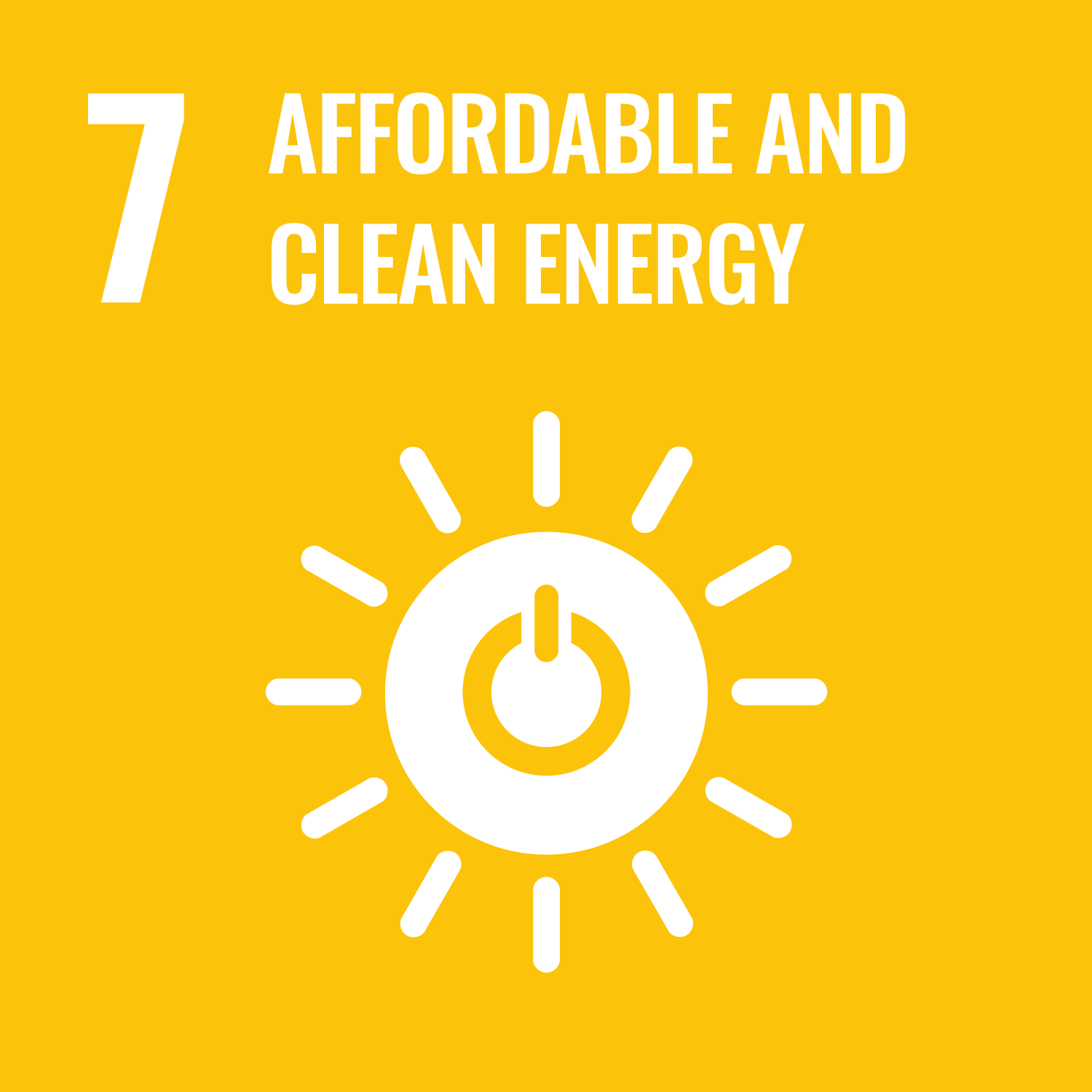Zhang, Q, Tang, Y, Bunn, D W, Li, H and Li, Y
(2021)
Comparative evaluation and policy analysis for recycling retired EV batteries with different collection modes.
Applied Energy, 303 (1).
p. 117614.
ISSN 0306-2619
![]()
Abstract
With the rapid adoption of Electric Vehicles (EVs), numerous lithium-ion batteries (LIBs) are reaching retirement age, leading to increasing concerns about the sustainable industrial development. To promote the recycling of LIBs, a reward-penalty mechanism is proposed in this work and analyzed by using the Stackelberg game theory. Six collection modes are considered and compared, including the collection activities undertaken by different stakeholders, i.e. the EV manufacturer, the EV retailer, the third-party enterprise, and the pairwise partners of them. The results show that: (i) a partnership between the manufacturer and retailer can achieve the highest actual collection rate and the total welfare; (ii) although increasing the reward-penalty intensity can contribute to higher collection rates, the total welfare can still fall, due to the negative influences of policy expenditure and implementation cost; (iii) the impact of raising the collection rate target is similar to the reward-penalty intensity, which can first promote and then restrain the growth of total welfare, and the drop is mainly due to the negative influences of corporate profits and implementation cost.
More Details
| Item Type: | Article |
|---|---|
| Subject Areas: | Management Science and Operations |
| Additional Information: |
© 2021 Elsevier. This manuscript version is made available under the CC-BY-NC-NC licence https://creativecommons.org/licenses/by-nc-nd/4/0 |
| Date Deposited: | 25 Jan 2022 11:24 |
| Date of first compliant deposit: | 09 Feb 2022 |
| Subjects: |
Product policy Recycling waste materials Electronics industry |
| Last Modified: | 10 May 2025 01:38 |
| URI: | https://lbsresearch.london.edu/id/eprint/2210 |




